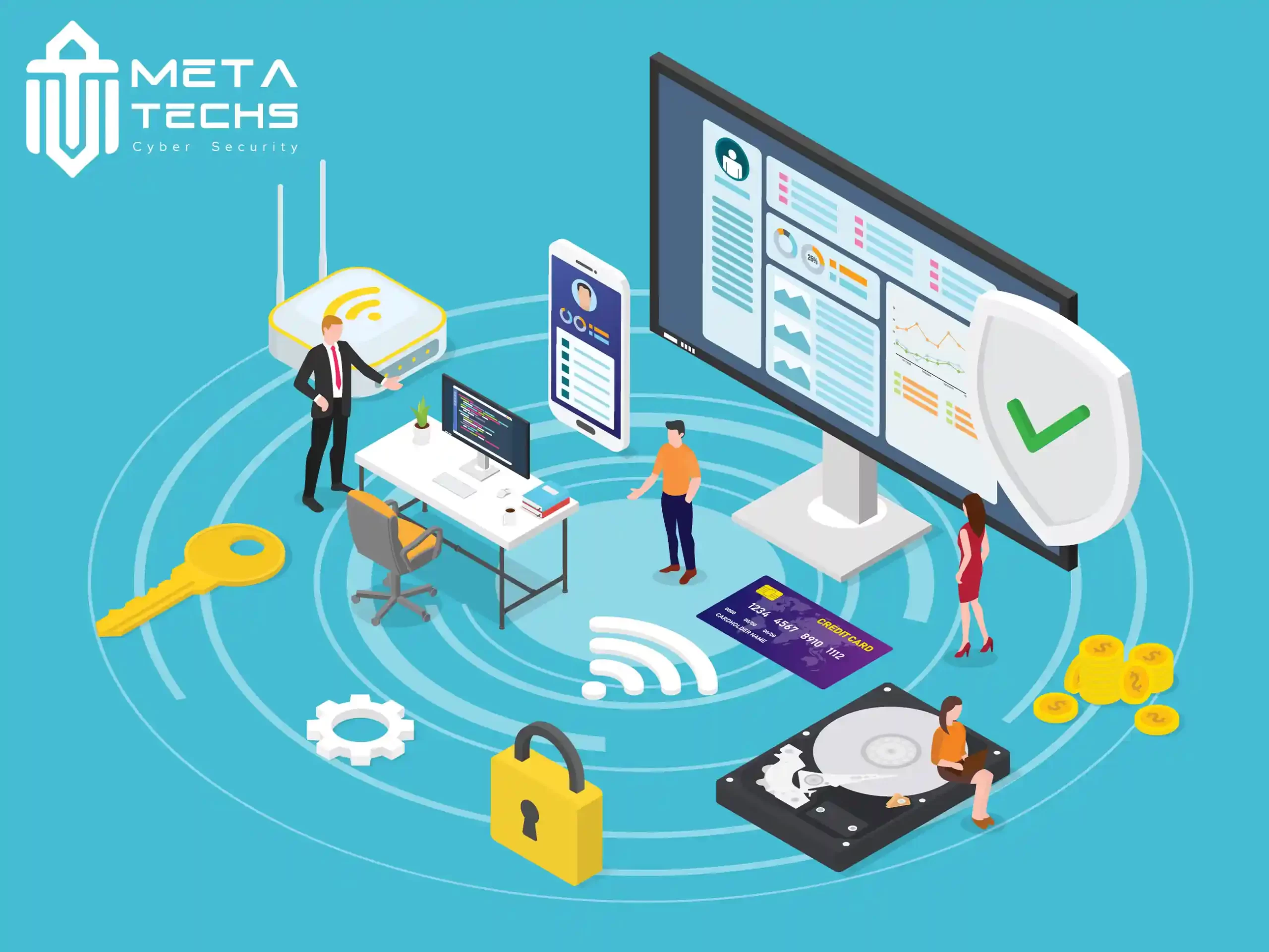Artificial Intelligence (AI) is an ever-evolving field that has captured the imagination of many and holds significant potential to transform various industries. This article aims to provide a clear and concise understanding of what AI is, its applications, and its impact on society. So, let’s dive into the world of AI through a series of common questions and answers.
What is Artificial Intelligence ?
Artificial Intelligence refers to the development of computer systems that can perform tasks that typically require human intelligence. These tasks include learning from experience, recognizing patterns, making decisions, understanding natural language, and problem-solving also may help in cybersecurity . AI systems can process vast amounts of data, analyze it, and provide intelligent insights or responses.
How does AI work?
AI systems work by utilizing various algorithms and models to process data and make predictions or decisions. Machine Learning (ML) and Deep Learning (DL) are two popular subsets of AI. ML enables computers to learn from data without explicit programming, while DL involves training artificial neural networks to mimic the human brain’s structure, enabling complex tasks like image and speech recognition.
What are the applications of AI?
AI finds applications across numerous industries. In healthcare, AI aids in medical image analysis, drug discovery, and personalized treatment plans. In finance, AI algorithms assist in fraud detection, risk assessment, and algorithmic trading. In autonomous vehicles, AI powers self-driving cars. AI also enhances customer service through chatbots, optimizes supply chains, and even creates art.
what are the benefits of artificial intelligence ?
Artificial Intelligence (AI) offers a wide range of benefits across various fields. Here are some key advantages:
- Automation: AI enables the automation of repetitive and mundane tasks, allowing humans to focus on more creative, complex, and strategic aspects of their work.
- Efficiency Improvement: AI systems can analyze vast amounts of data quickly and accurately, leading to improved decision-making processes and increased operational efficiency.
- Cost Reduction : Automation and efficiency gains can result in cost savings for businesses by reducing the need for human labor and minimizing errors.
- 24/7 Availability : Artificial Intelligence systems can operate continuously without the need for breaks, leading to 24/7 availability and improved responsiveness in various applications.
- Data Analysis and Insights : AI excels at analyzing large datasets, extracting patterns, and providing valuable insights. This is particularly useful in fields such as finance, healthcare, and marketing.
- Innovative Solutions : AI fosters innovation by enabling the development of new and advanced technologies, from self-driving cars to personalized medicine.
- Personalization : AI algorithms can analyze user behavior and preferences, leading to personalized experiences in services like online shopping, content recommendations, and social media.
- Enhanced Customer Service : AI-powered chatbots and virtual assistants can provide immediate and consistent customer support, enhancing the overall customer experience.
- Medical Advances : AI plays a crucial role in medical research, diagnosis, and treatment. It can analyze medical data, identify patterns, and assist in developing personalized treatment plans.
- Improved Security : AI in cyber security to detect and respond to threats in real-time, providing a more proactive and adaptive approach to protecting digital assets.
- Language Translation : AI-powered language translation tools facilitate communication between people who speak different languages, breaking down language barriers.
- Predictive Maintenance : AI can predict equipment failures and maintenance needs by analyzing data from sensors, reducing downtime and extending the lifespan of machinery.
- Environmental Impact : AI can be applied to optimize energy consumption, resource allocation, and waste reduction, contributing to more sustainable practices.
- Education and Training : AI technologies can enhance education by providing personalized learning experiences, adaptive assessments, and intelligent tutoring systems.
- Exploration and Discovery : In fields such as space exploration and scientific research, AI aids in analyzing complex data sets and making discoveries that might be challenging for humans alone .
Types of artificial intelligence
- Reactive Machines : These systems operate based on predefined rules and respond to specific inputs. They don’t have the ability to learn from experience or adapt to new situations. Chess-playing programs, for example, fall into this category.
- Limited Memory : These AI systems can learn from historical data to some extent and make decisions based on that information. Self-driving cars, which use data from sensors and past experiences to navigate, are an example of limited memory AI.
- Theory of Mind : This is a more advanced concept, referring to AI systems that can understand human emotions, beliefs, intentions, and other mental states. Achieving a true theory of mind in AI is complex and remains a goal for future research.
- Self-aware AI: Self-aware AI would have consciousness and an understanding of its own existence. This concept is highly speculative and lies in the realm of theoretical discussions about the potential development of highly advanced AI systems.
These types of AI represent a spectrum of capabilities, from narrow and task-specific to broad and potentially super intelligent. Currently, most practical AI applications fall under the category of narrow AI, while the development of general AI and artificial superintelligence remains a long-term and evolving area of research.
What are the challenges and risks associated with AI?
Despite its potential, AI also presents some challenges and risks. There are concerns about job displacement as AI automates certain tasks, which may require workforce reskilling. Ensuring the ethical use of AI is vital, as biased algorithms can perpetuate discrimination. Additionally, there are concerns about data privacy and security, as AI systems often rely on vast amounts of sensitive information.
Conclusion
Artificial Intelligence has the potential to reshape our world in ways we are only beginning to comprehend. By understanding its capabilities, applications, benefits, and challenges, we can harness AI’s power responsibly and drive it toward creating a positive and transformative impact on society. As AI continues to evolve, embracing its potential while addressing its ethical implications will be key to shaping a future where AI works hand-in-hand with humanity for the greater good.








